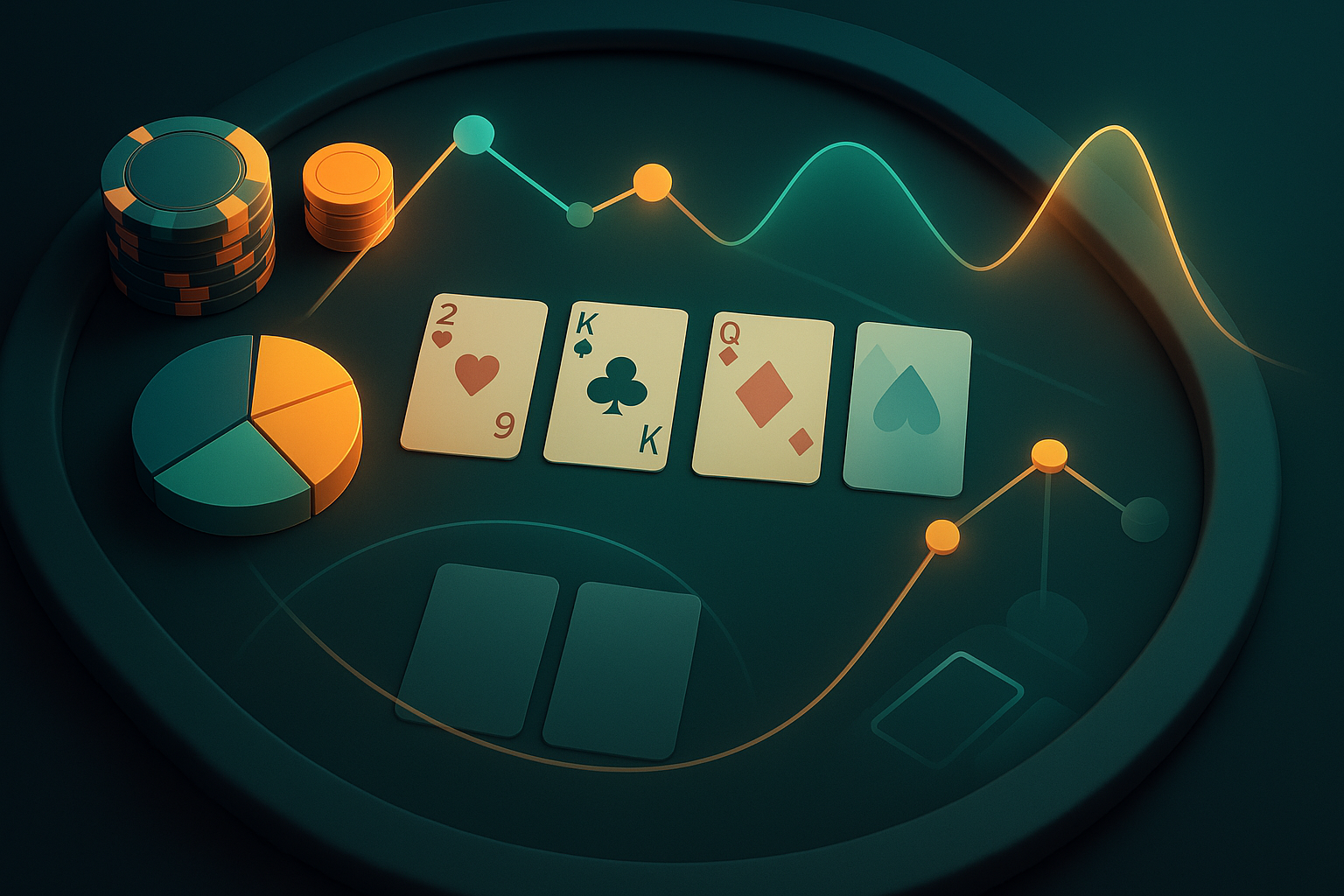The Role of Probability in Modern Casino Games
Casinos have always been a fascinating intersection of mathematics, psychology, and entertainment. The concept of probability lies at the very heart of every roulette spin, card shuffle, and dice roll. From Monte Carlo’s grand salons in the early 1900s to today’s online platforms hosting millions of players globally, the essence of gambling remains the same—understanding and managing risk. Statistics reveal that by 2024, the global casino industry reached an estimated $280 billion in annual revenue, with online gaming accounting for nearly 26% of that figure.
The Mathematics Behind Casino Strategy
In the modern digital era, platforms like SpinMills illustrate how casino systems integrate probability theory into entertainment. Games are no longer just about luck; they rely on advanced algorithms designed to ensure fairness and unpredictability. For instance, Random Number Generators (RNGs) used in slot machines produce outcomes at lightning speed—up to several thousand combinations per second—making it statistically impossible to predict results.
Players who understand concepts such as the house edge or return-to-player (RTP) percentages approach gaming with a more analytical mindset. For example, the average RTP for online slots is around 96%, meaning that for every $100 wagered, $96 returns to players over time. This balance between risk and reward sustains the excitement that defines casino culture.
Evolution of Casino Design and Experience
Since the first Las Vegas casino opened in 1941, the architecture and atmosphere of casinos have been carefully designed to enhance engagement. Studies by the University of Nevada in 2019 showed that the placement of machines, colors, and sounds directly influence player behavior. In the online era, these design principles have evolved into interface design, graphics, and immersive themes. Whether one explores a virtual poker room or a themed slot game, the experience is built upon cognitive engagement and sensory stimulation.
The Rise of Online Promotions and Player Behavior
In the digital gambling landscape, promotional systems such as https://spinmills-casino.gr/promotions/ demonstrate how casinos combine behavioral science with entertainment value. These programs are often structured around loyalty mechanics, free spins, or cashback models. A 2023 survey by the European Gaming Association revealed that 54% of regular players participate in promotional events at least once a month, showing how incentives have become a core part of the gaming ecosystem. Such systems are carefully regulated, with transparent wagering requirements ensuring balanced participation and ethical engagement.
Regulation and Responsible Gambling
Casino regulation has evolved dramatically over the past two decades. Jurisdictions like Malta, the UK, and Gibraltar enforce rigorous standards that include identity verification, secure payments, and fair play audits. By 2025, nearly 80% of online operators within the European Union will employ AI-driven systems to detect problematic gaming patterns early. These measures reflect an industry-wide commitment to responsible gambling and consumer protection.
Another growing trend is the integration of educational tools—many online casinos now include in-app reminders and voluntary limits to promote healthy play habits. The industry’s approach is shifting from profit-driven to sustainability-oriented, ensuring that gaming remains a form of leisure, not dependency.
The Future of Probability in Casino Innovation
As technology continues to evolve, so too does the way probability is applied. Blockchain-based casinos offer transparent, provably fair systems where every roll or spin can be mathematically verified. Virtual reality environments recreate the social dynamics of land-based casinos, while data analytics refine personalized gaming experiences. Experts predict that by 2030, more than 40% of online casino transactions will involve decentralized systems.
Ultimately, casinos—whether digital or physical—remain microcosms of probability and human behavior. The blend of skill, chance, and emotion continues to define the allure of gaming, making the casino not just a place of entertainment, but a living laboratory of mathematics in motion.







Dejar un comentario
¿Quieres unirte a la conversación?Siéntete libre de contribuir!